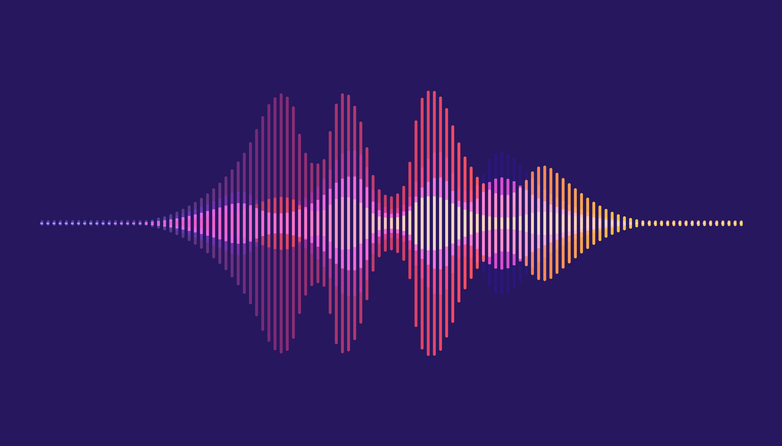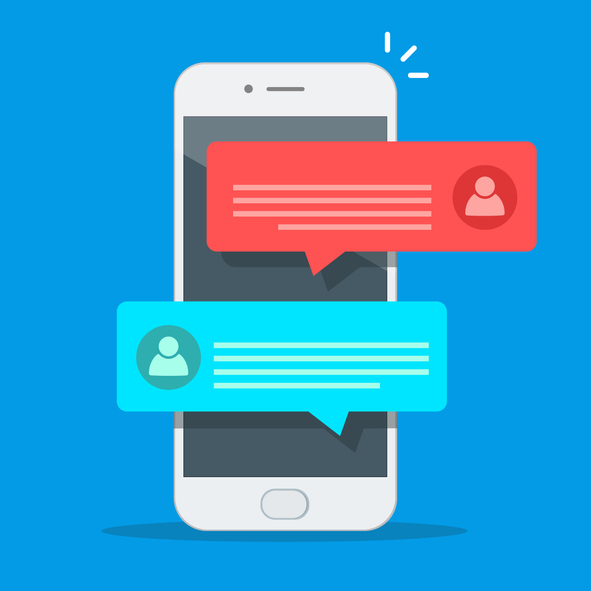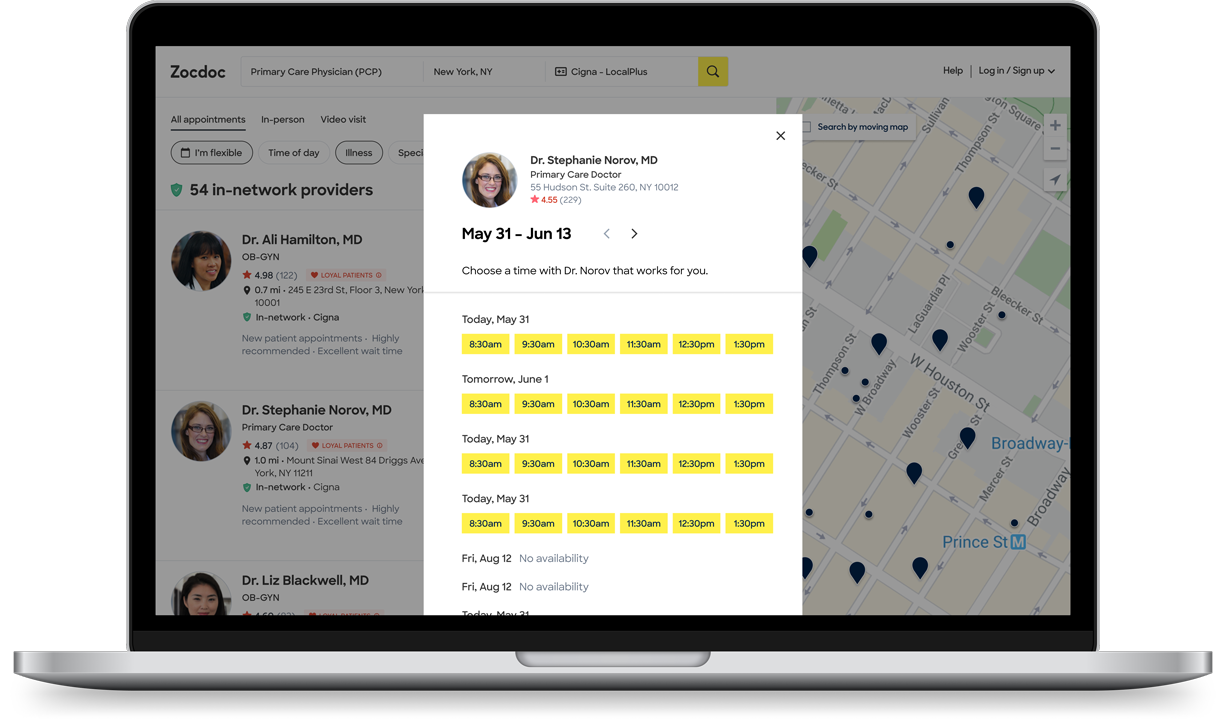
Research Shows Generative AI In The EHR Can Work Well, But Only With Human Oversight
Mass General Brigham researchers conducted a study to learn more about the efficacy of large language models when used to draft responses to patient messages in the EHR. The results showed that these AI tools can do a good job at reducing physicians’ workloads and improving patient education — but also that these tools have limitations that require human oversight.











